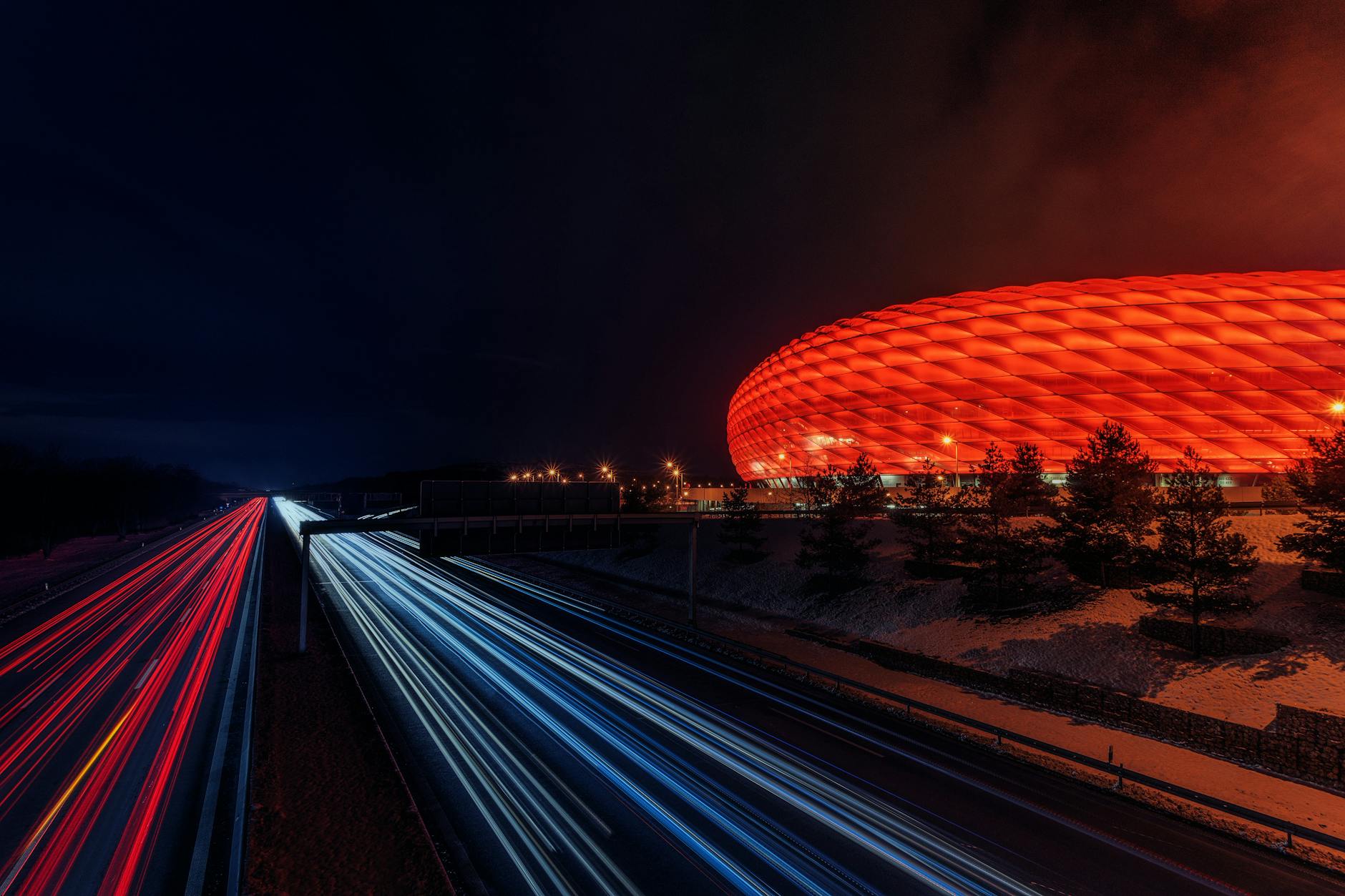Munich, Germany, known for its rich history, vibrant culture, and picturesque landscapes, has become an increasingly popular destination for travelers. According to recent reports, the city is seeing a surge in tourists, with travelers flocking to northern and central European cities like Munich to escape the intense summer heat of the Mediterranean. This influx of visitors presents a unique opportunity for Munich’s tourism industry to enhance its services and operations through managed IT services.
The Growing Appeal of Munich
Munich’s appeal as a tourist destination is bolstered by its blend of historical charm and modern sophistication. The city offers attractions ranging from the stunning Marienplatz and the historic Nymphenburg Palace to the bustling Viktualienmarkt and the world-famous Hofbräuhaus. The rise in tourism is evident, with more travelers choosing Munich over other European cities to enjoy a cooler climate and diverse cultural experiences.
Additionally, Munich is emerging as a significant player in the tech industry, with major corporations and financial institutions setting up shop in the city. This tech boom is enhancing the city’s infrastructure and creating a favorable environment for businesses, including those in the tourism sector. According to a Reuters article, Munich’s tech scene is rapidly expanding, drawing attention from major banks and tech firms. This growth underscores the need for advanced IT solutions to support various industries, including tourism.
The Role of Managed IT Services
Managed IT Services involve outsourcing the management and oversight of an organization’s IT systems to a specialized service provider. This approach allows businesses to focus on their core operations while benefiting from expert IT support. For the tourism industry in Munich, managed IT services can significantly impact operations in several key areas:
- Enhanced Customer Experience In the tourism industry, providing an exceptional customer experience is crucial. Managed IT services can help streamline various aspects of the customer journey. For example, implementing advanced reservation systems and customer relationship management (CRM) tools can improve booking processes, manage guest information more efficiently, and offer personalized recommendations. By leveraging managed IT services, tourism businesses in Munich can ensure that their IT infrastructure supports seamless and enjoyable experiences for their visitors.
- Improved Operational Efficiency Efficient operations are essential for managing the high volume of tourists visiting Munich. Managed IT services can optimize operational workflows by automating routine tasks, such as booking confirmations and payment processing. Additionally, real-time data analytics can help businesses track visitor trends, manage inventory, and adjust marketing strategies. With improved operational efficiency, tourism businesses can better handle the influx of tourists and respond to their needs more effectively.
- Robust Cybersecurity As tourism businesses collect and store sensitive customer information, such as personal details and payment data, cybersecurity is a top priority. Managed IT services providers offer comprehensive security solutions, including threat detection, data encryption, and regular security audits. By implementing robust cybersecurity measures, tourism businesses in Munich can protect their customers’ data and build trust with their clientele, reducing the risk of cyberattacks and data breaches.
- Scalability and Flexibility The tourism industry is highly seasonal, with peak periods experiencing a significant increase in visitors. Managed IT services offer scalability and flexibility to accommodate these fluctuations. Providers can quickly adjust IT resources based on demand, ensuring that systems remain operational during busy periods. This flexibility helps tourism businesses in Munich manage peak times efficiently and provide consistent service quality throughout the year.
- Integration of Emerging Technologies The integration of emerging technologies, such as artificial intelligence (AI), the Internet of Things (IoT), and virtual reality (VR), can enhance the tourism experience. Managed IT services can facilitate the implementation of these technologies, enabling businesses to offer innovative solutions such as AI-driven chatbots for customer service, IoT-enabled smart rooms in hotels, and VR tours of attractions. By staying ahead of technological trends, Munich’s tourism industry can attract tech-savvy travelers and offer unique experiences.
- Enhanced Data Management Effective data management is crucial for understanding visitor preferences and improving services. Managed IT services can provide advanced data analytics tools to analyze visitor data, track trends, and generate insights. This information can be used to tailor marketing campaigns, improve customer service, and make informed business decisions. By leveraging data-driven insights, tourism businesses in Munich can enhance their offerings and better meet the needs of their visitors.
- Support for Mobile and Online Platforms In today’s digital age, travelers rely heavily on mobile apps and online platforms for booking and planning their trips. Managed IT services can support the development and maintenance of mobile applications and websites, ensuring they are user-friendly, secure, and optimized for performance. By offering seamless digital experiences, tourism businesses can attract more visitors and provide convenient booking options.
- 24/7 Technical Support The tourism industry operates around the clock, and technical issues can arise at any time. Managed IT services provide 24/7 technical support to address any IT-related problems promptly. This ensures that systems remain operational and any disruptions are resolved quickly, minimizing the impact on business operations and customer satisfaction.
Case Studies: Successful Implementations
Several cities around the world have successfully leveraged managed IT services to enhance their tourism industries. For instance, Singapore’s tourism sector has benefited from advanced IT solutions, including AI-powered chatbots and data analytics platforms, to provide personalized experiences and streamline operations. Similarly, Barcelona has utilized managed IT services to integrate smart technology into its tourism infrastructure, offering visitors innovative and efficient services.
Munich has the potential to follow in these footsteps by adopting managed IT services to address the specific needs and challenges of its tourism industry. By investing in IT solutions, Munich can position itself as a leading destination that combines rich cultural experiences with cutting-edge technology.
Calls to Action
As Munich continues to attract more tourists, embracing managed IT services can provide a competitive edge and enhance the overall visitor experience. NextGen IT Advisors is here to help Munich’s tourism businesses navigate this transformation. Our expertise in managed IT services can support your organization in:
- Optimizing IT Infrastructure: We offer tailored solutions to streamline your IT operations, enhance customer experiences, and improve operational efficiency.
- Implementing Advanced Technologies: Our team can help integrate emerging technologies to offer innovative services and stay ahead of industry trends.
- Ensuring Robust Cybersecurity: Protect your customers’ data with our comprehensive security solutions, safeguarding your business against cyber threats.
- Providing 24/7 Support: Benefit from our round-the-clock technical support to address any IT issues and maintain uninterrupted operations.
For more information, visit our website or schedule a consultation with our experts. Embrace the future of tourism with NextGen IT Advisors and unlock new opportunities for success in Munich’s thriving tourism industry.




